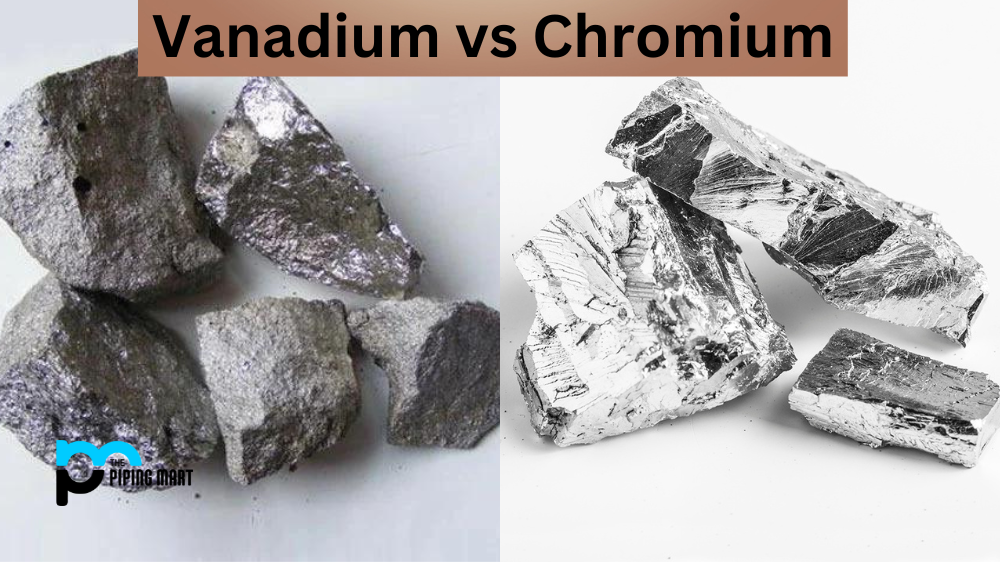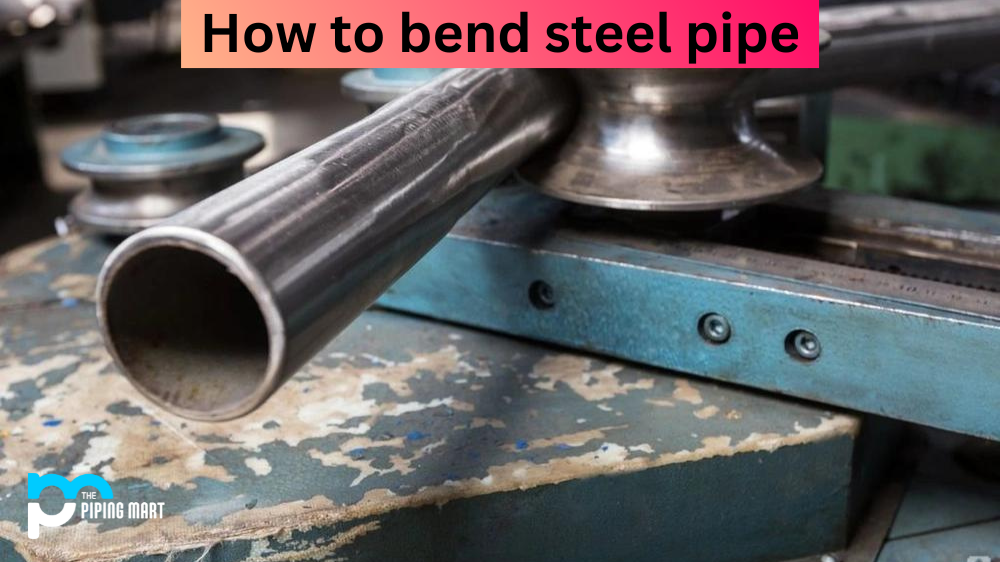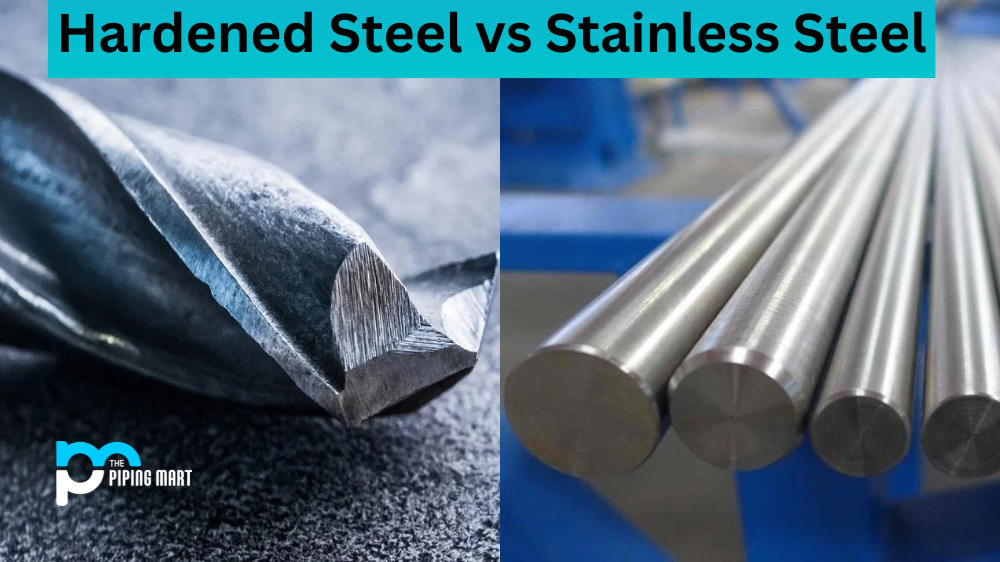When it comes to choosing the right metal for a particular application, there are several factors to consider, including strength, corrosion resistance, and cost-effectiveness. Two of the popular options in the market are vanadium and chromium metal. Both metals possess unique properties that make them ideal for certain applications. In this blog post, we’ll compare vanadium vs chromium metal to determine which is better.
Difference Between Vanadium and Chromium
Physical Properties
Vanadium and chromium metal share some similarities in their physical properties. They are both hard, lustrous, and have high melting points. However, vanadium is slightly denser, with a 6.0 g/cm3 density compared to Chromium’s 7.2 g/cm3. Also, vanadium is a good conductor of electricity and has high corrosion resistance. On the other hand, Chromium has excellent wear resistance, making it ideal for durable applications.
Industrial Uses
Vanadium is primarily used as an alloying agent in manufacturing steel, titanium, and aluminium alloys. It enhances these alloys’ strength, toughness, and ductility, making them ideal for jet engines, nuclear reactors, and other high-stress applications. On the other hand, Chromium is widely used in producing stainless steel, valued for its durability, corrosion resistance, and aesthetic appeal. Chromium is also used to plate iron and other metals to make them more corrosion-resistant and wear-resistant.
Health and Environmental Concerns
Vanadium is a potentially toxic metal; prolonged exposure may cause adverse health effects. On the other hand, Chromium is known to have carcinogenic properties, and exposure to high levels of hexavalent Chromium can lead to lung cancer and other respiratory problems. Therefore, both metals require careful handling and disposal to prevent environmental pollution and health hazards.
Availability and Cost
Vanadium is a relatively rare metal, accounting for only 0.015% of the Earth’s crust. As a result, it is more expensive than most other metals, including Chromium. Chromium, on the other hand, is abundant in the Earth’s crust and is relatively cheap, making it a cost-effective option for many industrial applications.
Conclusion
In conclusion, vanadium and chromium metal are unique in their properties and have essential applications in several industries. They are both valuable, but their suitability for a particular application depends on several factors, including cost-effectiveness, durability, and corrosion resistance. Therefore, choosing between vanadium and chromium metal requires careful consideration of these factors, and the right choice will ultimately depend on the intended use and specific requirements of the application.

A passionate metal industry expert and blogger. With over 5 years of experience in the field, Palak brings a wealth of knowledge and insight to her writing. Whether discussing the latest trends in the metal industry or sharing tips, she is dedicated to helping others succeed in the metal industry.




